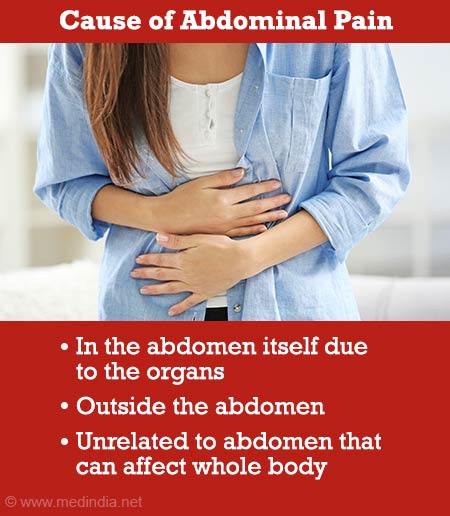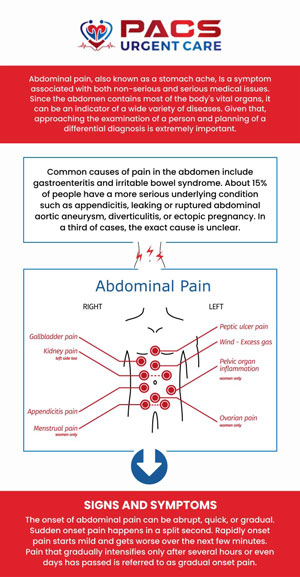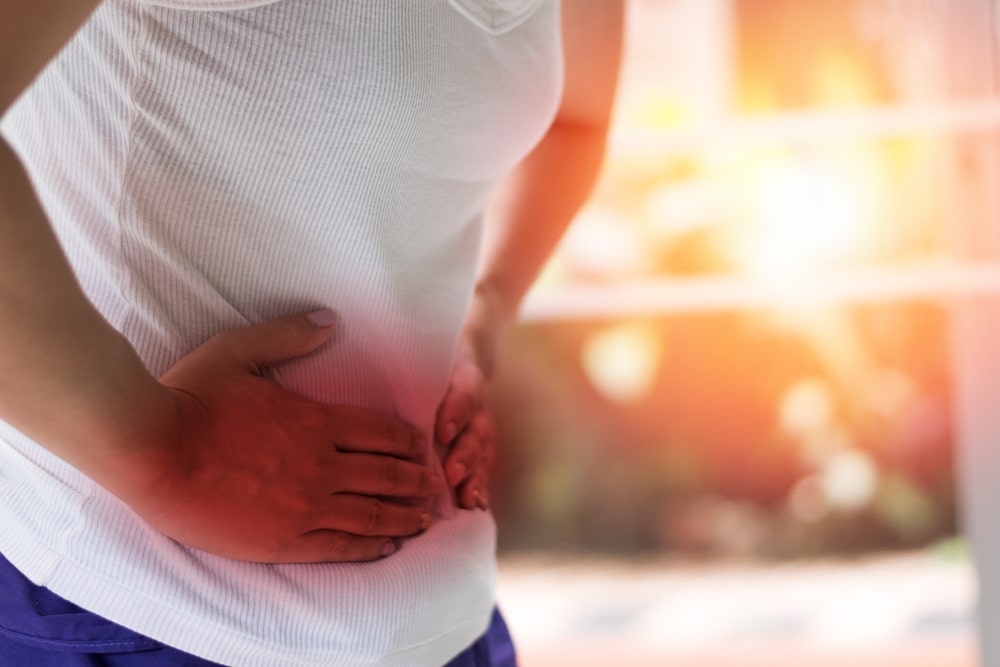Abdominal pain, also known as a stomach ache, is a symptom associated with both non-serious and serious medical issues. Since the abdomen contains most of the body’s vital organs, it can be an indicator of a wide variety of diseases.
Abdominal pain is felt anywhere in the area between the bottom of your ribs and your pelvis. Pain in your abdomen (tummy) may be aching, stabbing, burning, twisting, cramping or dull. There are many causes of abdominal pain.
Abdominal pain is pain felt anywhere from below your ribs to your pelvis. It is also known as tummy pain or stomach pain. The abdomen houses many organs, including your stomach, liver, pancreas, small and large bowel, and reproductive organs. There are also major blood vessels in the abdomen.
The belly (abdomen) is the largest space (cavity) in the body. It lies between the chest and the pelvis, holding many of the body’s organs. These include the liver, stomach, and intestines. The groin is the area in the body where the upper thighs meet the lowest part of the abdomen.
:max_bytes(150000):strip_icc()/Health-abdominal-pain-7495814-VertV3-a2f564d1408842569aefc0b51ee85a4f.jpg)
Causes of Abdominal pain:
Abdominal pain can have many causes, including less serious and more serious conditions:
- Less serious causes:
Constipation, food allergies, food poisoning, irritable bowel syndrome, stomach flu. - More serious causes
Appendicitis, abdominal aortic aneurysm, bowel blockage, cancer, cholecystitis, diverticulitis, kidney stones, pancreatitis, pelvic inflammatory disease, ruptured ovarian cyst

Other causes:
- Heartburn, indigestion, or gastroesophageal reflux (GERD)
- Inflammatory bowel disease (Crohn disease or ulcerative colitis)
- Muscle strain
- Severe menstrual cramps
- Tubal (ectopic) pregnancy
- Ulcers
- Urinary tract infections (UTI).
This type of pain is more typical for a stomach virus, indigestion, or gas. If the pain becomes more severe, it may be caused by a blockage of the intestines.
Treatment of abdominal pain:
Treatment for abdominal pain depends on the cause of the pain and can include:
- Pain relievers.
For mild pain, you can try over-the-counter (OTC) pain relievers like acetaminophen or NSAIDs. For more severe pain, you might need a prescription pain reliever like an opioid or steroid. - Fluids.
You might be given fluids intravenously to correct fluid loss and rest your bowel. You can also try sipping water or other clear fluids at home. - Rest.
You can try resting your digestive system and sticking to broths and teas for a day. - Home remedies
You can try applying heat, drinking herbal teas like peppermint, ginger, or licorice, or taking chamomile tea. - Diet changes.
You can try avoiding high-fat foods, citrus, fried or greasy foods, tomato products, caffeine, alcohol, and carbonated beverages. You can also try a high-fiber diet or fiber supplements. - Antispasmodics
These medicines can ease spasms in the wall of the bowel. - Antacids
These medicines can help with heartburn or indigestion. - Stress reduction
You can try medications, relaxation techniques, biofeedback, or hypnosis to reduce stress and anxiety.

You should avoid taking any medicine without talking to your provider.




